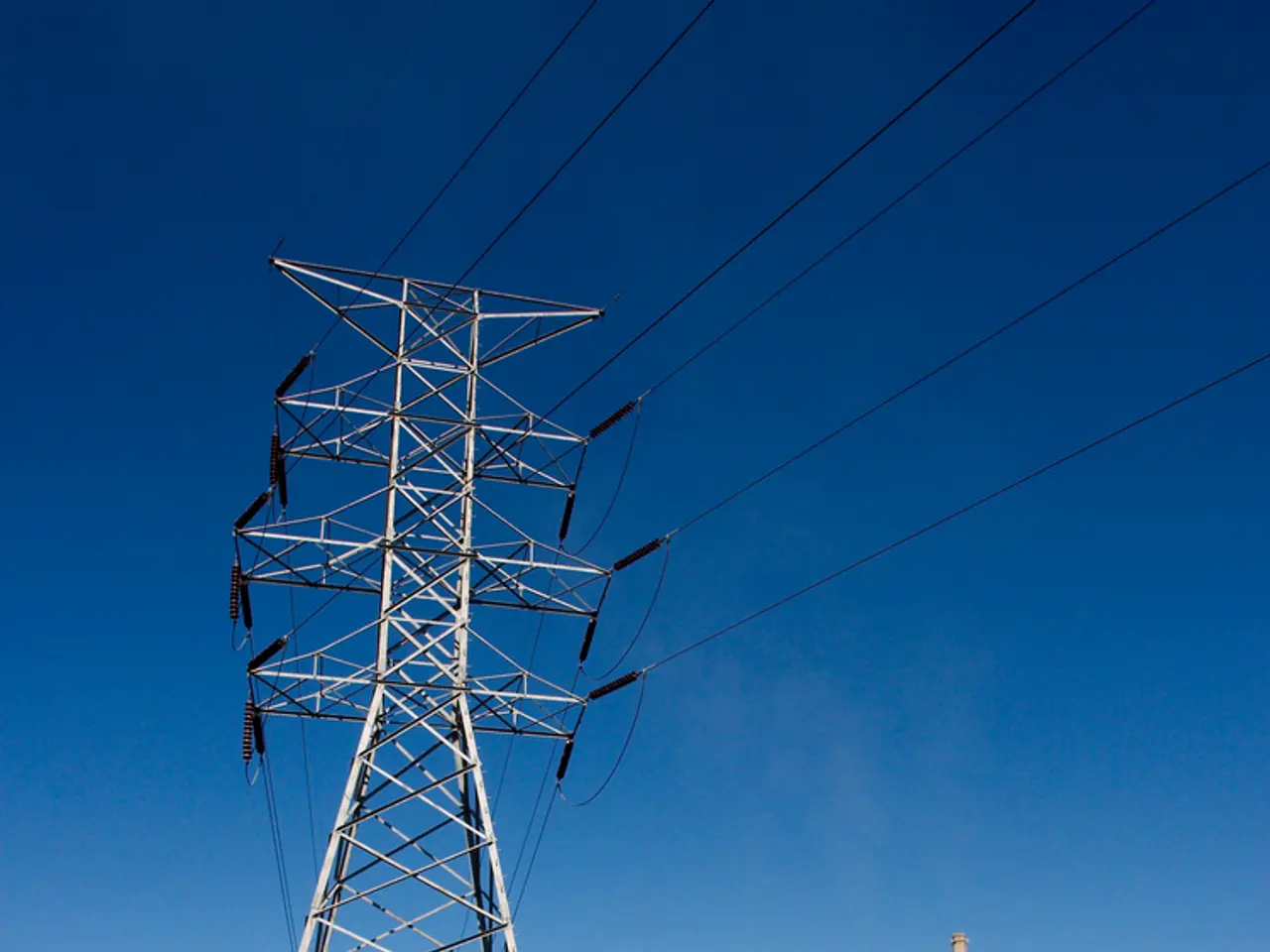Hitting the Power Bill Hard: Why Germany's Electricity Prices Rank High Globally
Highest electricity prices in fifth position within Germany
Let's discuss the reason behind those heavy electricity bills in Germany, shall we? Germany finds itself among the countries with the highest electricity prices worldwide. Why you ask? Let's dive into it.
According to a report by Verivox and Global Petrol Prices, the average household in Germany shells out approximately 38 cents per kilowatt hour (kWh) as of the first quarter of 2025. Only Bermuda, Denmark, Ireland, and Belgium cost more. But four years ago, Germany was top of the charts regarding electricity expenditure. However, the Federal Republic remains a high-price country, globally speaking.
You might wonder, "What gives?" Well, the price comparison here is flawed because it doesn't account for the purchasing power of people across countries. Adjusted for that factor, Germany ranks 22nd out of 143, according to Verivox. The primary reasons attributed to these high prices are grid fees, taxes, and levies.
Governments have attempted to address this. For instance, there's a proposal that electricity should be "permanently at least five cents cheaper per kWh." This would involve reducing the electricity tax and levies and capping grid fees. Additionally, electrical grid operators have suggested a switch from earth to overhead cables, which could save billions.
But worry not! Simply switching from an expensive basic supply to cheaper tariffs can save many households money. Offers start at 26 cents per kWh.
Now, let's dive into the deeper reasons that drive Germany's high electricity prices. It boils down to the costs associated with the heavy tax and levy burden, the country's dependence on fossil fuel imports, the challenges of transitioning the energy mix, and geopolitical and market factors.
The tax and levy burden in Germany is massive and includes costs related to supporting renewable energy expansion and grid infrastructure. Germany relies heavily on imported fossil fuels, particularly natural gas, for power generation. This exposure to volatile international gas prices and supply risks drives up wholesale electricity prices.
Transitioning to renewables presents several challenges. Renewable energy sources like wind and solar are intermittent, requiring backup power and costly storage solutions that elevate system costs beyond installation expenses. Geopolitical tensions and reduced domestic gas production also inflate European electricity prices, including Germany's.
High retail prices affect the competitiveness of German industry, which seeks subsidies and more stable power solutions to prevent economic slowdown. In summary, addressing the heavy tax load, dependency on imported fossil fuels, and increasing the efficiency of renewable energy and the energy system overall are key to reducing electricity costs in Germany.
- The high electricity prices in Germany, as outlined in the community policy and business sectors, are primarily driven by the costs associated with a massive tax and levy burden, the country's dependency on fossil fuel imports, the challenges of transitioning the energy mix, and geopolitical and market factors.
- The employment policy, in relation to the German industry, is seeking subsidies and more stable power solutions to prevent potential economic slowdown due to the high retail prices of electricity, which affects their competitiveness globally.





